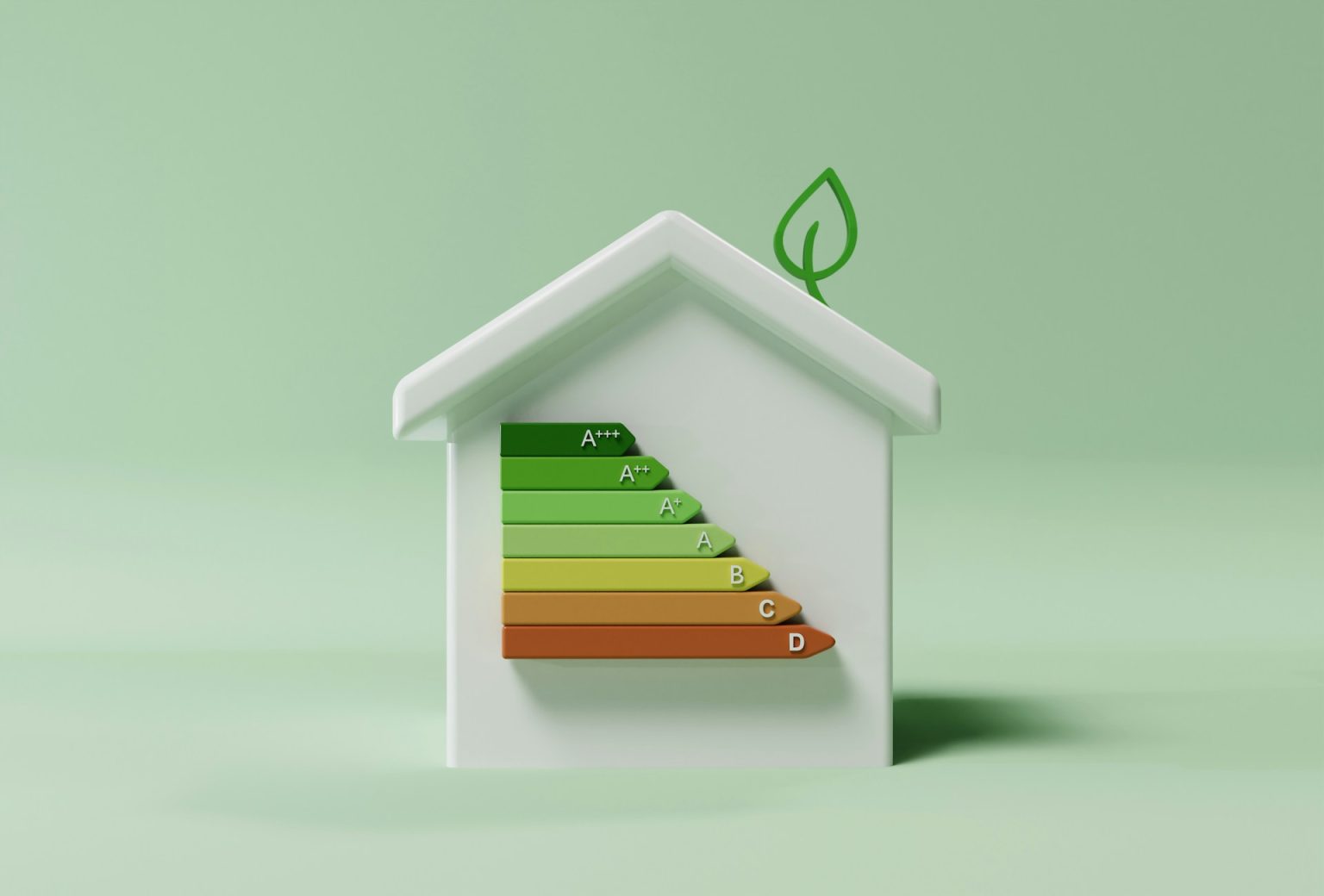The UK has committed to achieving net-zero carbon emissions by 2050, a monumental target requiring bold action across all sectors, from transport and energy to construction and agriculture. One technology playing a crucial role in this ambitious endeavour is heat pump technology. As the UK seeks to reduce its reliance on fossil fuels and curb greenhouse gas emissions, heat pumps are emerging as an innovative and effective solution for heating homes, businesses, and industries while helping the nation meet its climate change targets.
What Are Heat Pumps?
Heat pumps transfer heat from one place to another, typically from the air, ground, or water, to provide heating or cooling to buildings. Unlike traditional heating systems that burn fossil fuels, heat pumps use electricity to move heat from a colder space to a warmer one. They work similarly to refrigerators but in reverse, making them highly efficient in energy use.
In the UK, several types of heat pumps are in use, the most common being air-source and ground-source heat pumps. Air-source heat pumps extract heat from the outside air, while ground-source heat pumps draw heat from the earth’s natural underground warmth. These systems are highly efficient because they use renewable energy sources to generate heating, making them far more sustainable than conventional heating systems that rely on natural gas or oil.
The Role of Heat Pumps in Reducing Carbon Emissions
One goal of the UK’s carbon neutrality strategy is to eliminate the burning of fossil fuels for heating, which is responsible for a significant proportion of the country’s carbon emissions. The adoption of heat pumps is helping to achieve this goal by replacing gas boilers and other carbon-intensive heating systems with low-carbon alternatives.
Heat pumps are far more energy-efficient than traditional boilers. A typical air-source heat pump can provide up to four units of heat for every unit of electricity it uses, meaning it delivers up to four times the energy output of the electricity input. This high level of efficiency reduces overall energy consumption and, when powered by renewable electricity, can significantly reduce the carbon footprint of heating.
Heat pumps directly reduce the UK’s overall greenhouse gas emissions by replacing gas boilers, which are responsible for a substantial amount of carbon emissions. According to the UK government’s carbon budgets, decarbonising heating is one of the most challenging tasks in the race to net zero. The widespread adoption of heat pumps will be pivotal in tackling this challenge.
Supporting the UK’s Climate Change Targets
The UK government has set ambitious climate targets to meet by 2030, including reducing carbon emissions by 68% from 1990 levels. To achieve this, the building sector, responsible for approximately 40% of the country’s carbon emissions, must transform significantly. Heating is the largest contributor to emissions in homes and commercial buildings, with gas-fired boilers being the primary source.
As part of the UK’s “Clean Growth Strategy,” the government is promoting installing heat pumps as a vital part of the energy transition. Initiatives like the Domestic Renewable Heat Incentive (RHI), which subsidises home heat pump installations, have encouraged consumers to choose these eco-friendly alternatives over traditional gas heating systems. The government is also investing in large-scale projects, including heat pump technology for social housing and public sector buildings, to demonstrate the system’s potential for decarbonisation.
The Climate Change Committee (CCC), the UK’s independent advisor on climate matters, has recognised heat pumps as one of the key technologies needed to decarbonise the heating sector. In their 2020 report, the CCC stated that heat pumps should be installed in 19 million homes by 2050 if the UK is to meet its net-zero target. This mass deployment of heat pumps is vital to reducing carbon emissions and transitioning to a low-carbon economy.
Overcoming Challenges and Scaling Up Adoption
While heat pumps are a promising technology, there are still barriers to widespread adoption. The initial installation costs can be higher than traditional heating systems, although they are often offset by long-term savings on energy bills due to heat pumps’ efficiency. Additionally, the UK’s housing stock poses a challenge, as many older buildings may require retrofitting to accommodate heat pump systems effectively.
However, with continued government support and incentives, as well as advancements in technology making heat pumps more affordable and efficient, these challenges are gradually being overcome. The government’s recent commitment to a £450 million funding package for low-carbon heating technologies will help stimulate growth in the sector and make heat pumps more accessible to homeowners and businesses alike.
The Future of Heat Pumps in the UK
Looking ahead, the role of heat pumps in helping the UK meet its carbon-neutral goals is set to expand significantly. The government is focusing on improving the infrastructure needed to support heat pump deployment, such as upgrading the electrical grid and developing the capacity for renewable energy generation.
As technological advancements continue, heat pumps are expected to become even more efficient, reliable, and cost-effective. Innovations, including hybrid systems that combine heat pumps with gas boilers for added flexibility, will further increase the technology’s appeal.


